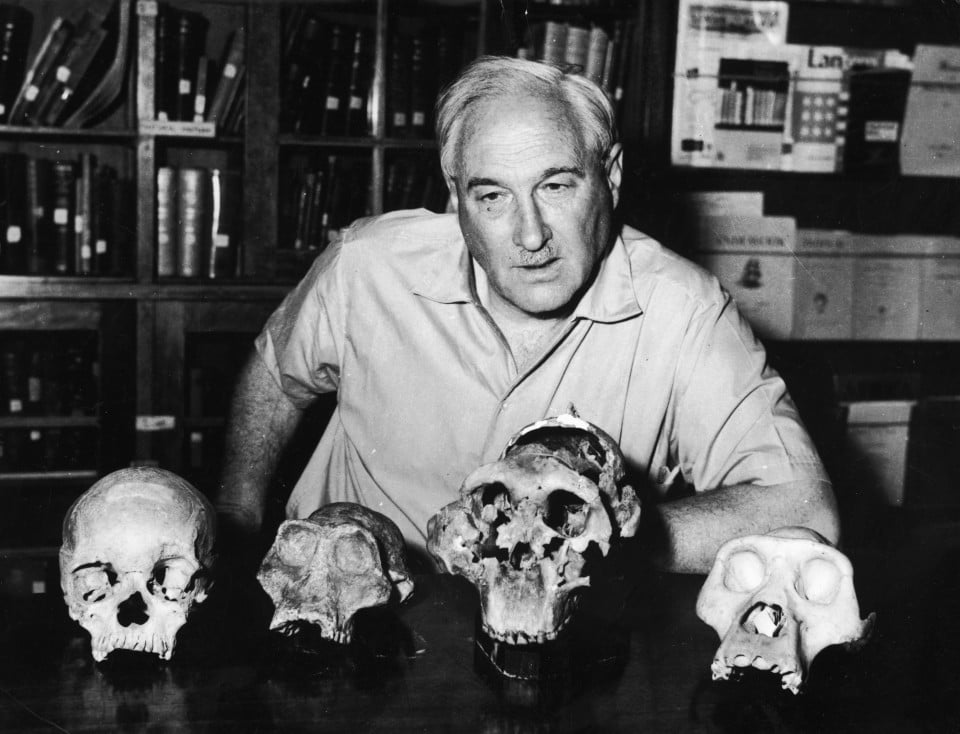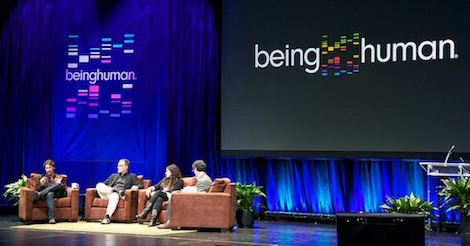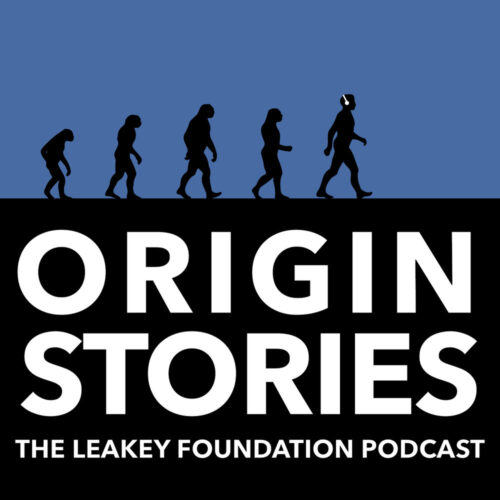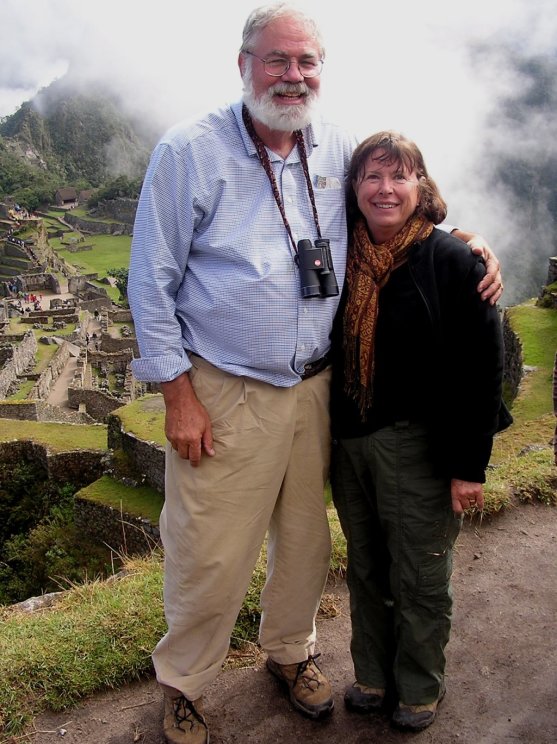The Leakey Foundation | Today in History
Louis S.B. Leakey was born on this day in 1903. To celebrate him and his legacy, we invite you to learn a little more about the jovial man who devoted his life to uncovering our shared past.

“People frequently ask me why I devote so much time to seeking out facts about man’s past…the past shows clearly that we all have a common origin and that our differences in race, color, and creed are only superficial.”
-Louis Leakey
Louis Leakey (b. 1903, d. 1972) had a tremendous impact on the world’s understanding of human origins. He and Mary Leakey made many important fossil and stone tool discoveries, and he wrote 20 books and more than 150 scientific articles in his lifetime. He was also a great popularizer of human origins research. His storytelling inspired people around the world.
In addition, he was largely responsible for convincing other scientists that Africa was the key location in which to search for evidence of human origins. Leakey’s early, controversial, yet unwavering position that Africa was the cradle of humanity has held up against modern scientific scrutiny and is now universally accepted.
Louis was born on August 7, 1903, at Kabete Mission near Nairobi, Kenya, where his parents, Harry and Mary (Bazett) Leakey, were English missionaries to the Kikuyu tribe. Louis grew up speaking Kikuyu as fluently as English, and at age thirteen he was initiated as a member of the Kikuyu tribe. In 1937, he wrote a definitive study of their culture.
Leakey began his university career at Cambridge University in 1922, but a rugby injury caused him to postpone his studies. He then left to help manage a paleontological expedition to Africa. He graduated with degrees in both anthropology and archaeology in 1926. After completing his degrees, Leakey began leading expeditions to Olduvai, a river gorge in Tanzania, where he found important fossils and Stone Age tools. In 1948, he reported finding a 20-million-year-old skull, which he named Proconsul africanus. Now considered to be too specialized to have been a direct ancestor of current ape and human populations, Proconsul is still considered scientifically valuable as a model for early human ancestors.
The first significant hominid fossil attributed to Leakey (a robust skull with huge teeth dated to 1.75 million years ago) was found by his collaborator and second wife, Mary Leakey. It was found in deposits that also contained stone tools. Louis claimed it was a human ancestor and called it Zinjanthropus boisei (it is now considered to be a form of Australopithecus and it has been renamed Paranthropus boisei.)
Another important discovery was the 1964 reporting of Homo habilis (named by Louis, along with Phillip Tobias and John Napier), which Leakey believed was the first member of the actual human genus as well as the first true toolmaker. While the interpretations of Leakey’s fossil finds are still controversial, their significance to the field of human origins is universally acknowledged.
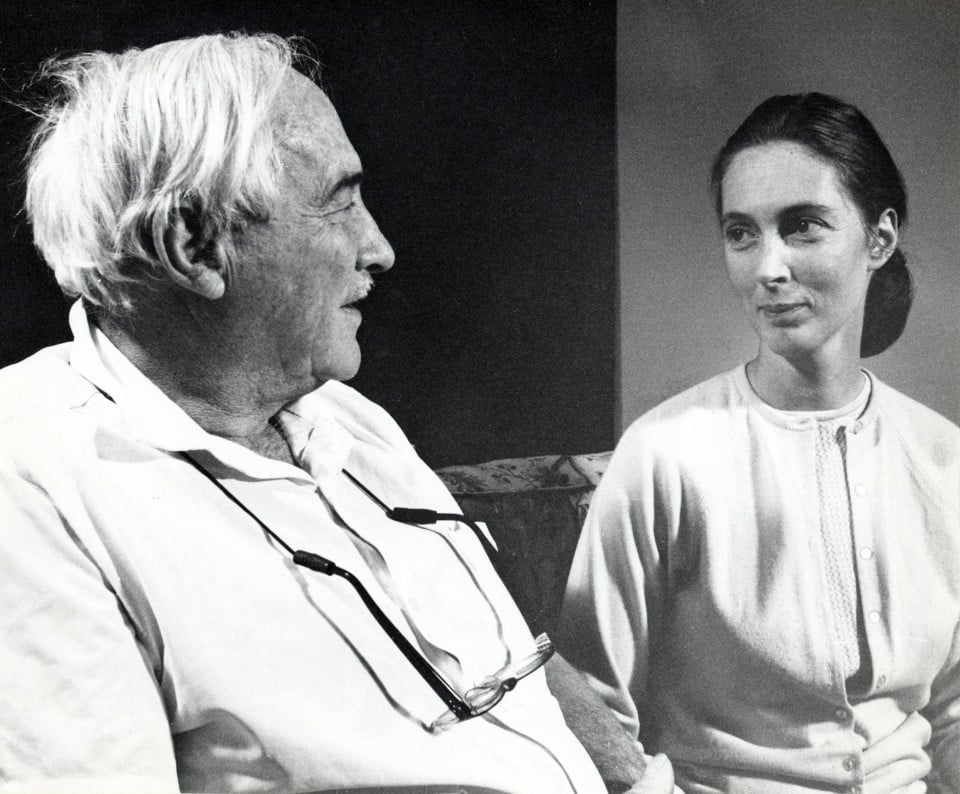
Leakey was also influential in other areas, such as the emerging field of primatology. He believed that there were some things about human evolution that could only be understood through studies of our closest living relatives. He was responsible for initiating Jane Goodall’s long-term field study of chimpanzees in the wild. He helped obtain and coordinate funding for Dian Fossey’s work with mountain gorillas in Rwanda and Birutė Galdikas’ work with orangutans in Indonesia. These three women have shaped our understanding of primate behavior, and all three projects continue to this day.
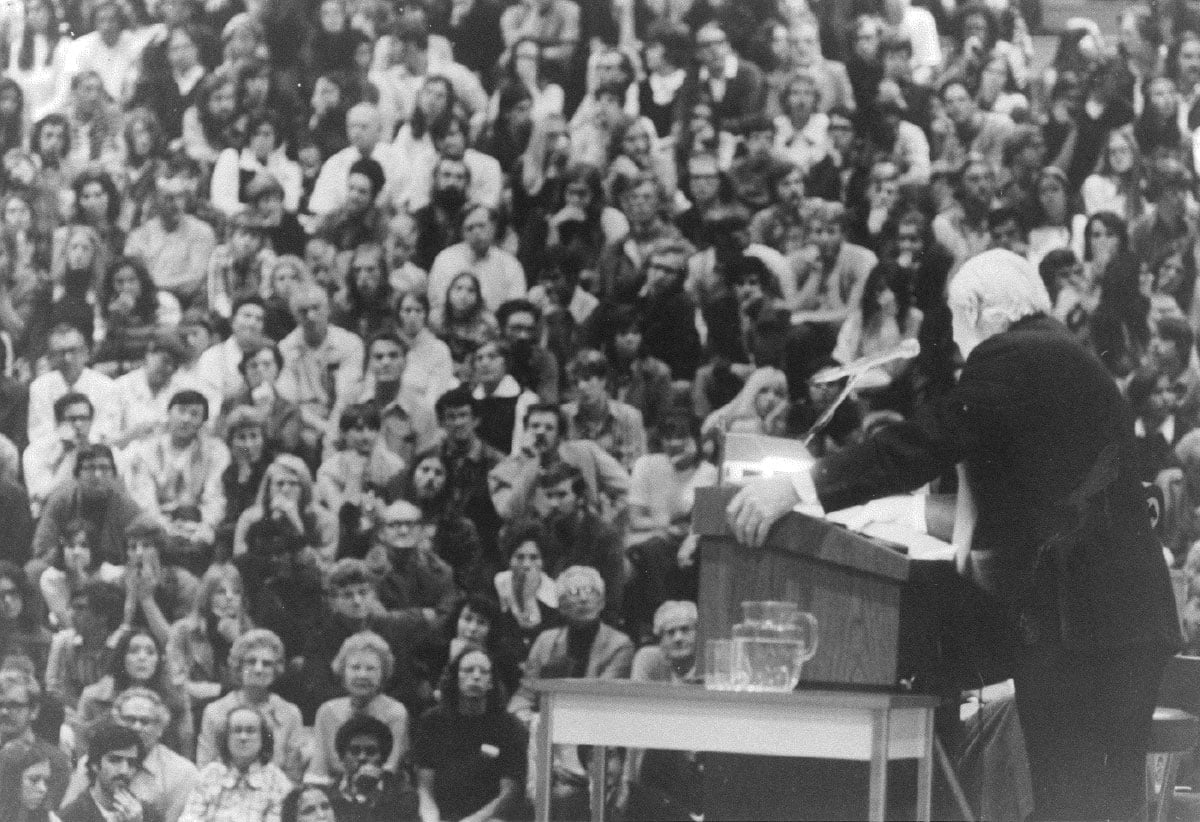
Always a dynamic and energetic man, Leakey kept up a rigorous schedule of lecturing and fundraising. These lectures helped him raise small amounts of money to support his own research and the research of other scientists. In 1968, a group of supporters banded together to form “The L.S.B Leakey Foundation for Research Related to Man’s Origins,” now known as The Leakey Foundation, to help secure funding for vital human origins research projects.
In 1972, Louis Leakey suffered a heart attack and died while traveling to present a lecture.
Louis Leakey contributed immeasurably to the understanding of our origins, and his work radically changed the way we now view early humans.
The Leakey Foundation is proud to carry on Louis Leakey’s legacy and work to fulfill his dream of increasing scientific research and public understanding of human origins, evolution, behavior, and survival.
With your support, we have given more than 2,500 grants to conduct research in 110 countries. We have helped share our common human story through thousands of public lectures, our free educational outreach program, our website, and our Origin Stories podcast. We have provided seed money to start new projects, and bridge money to keep long-term projects going.
Discoveries by Leakey Foundation grantees have taught us so much about our human story – the kind of information that Louis Leakey had hoped for. We think Louis Leakey would be thrilled to see how human origins research has thrived thanks to support from people like you!
